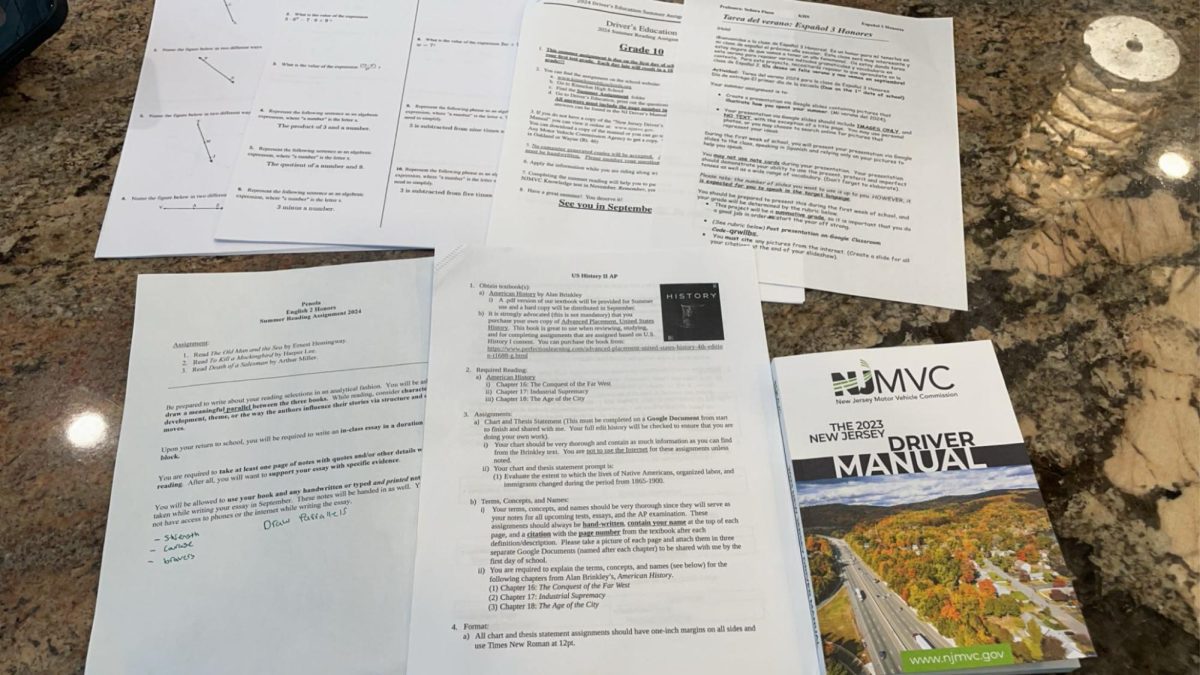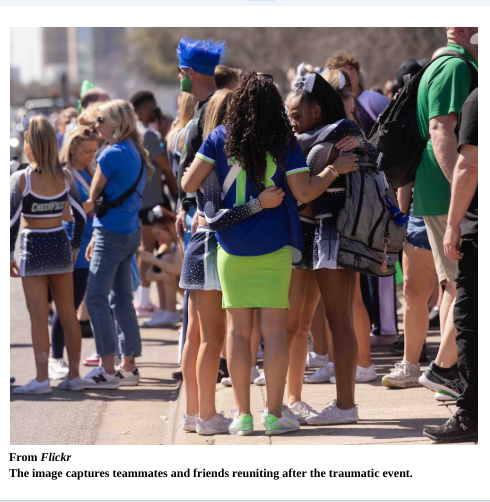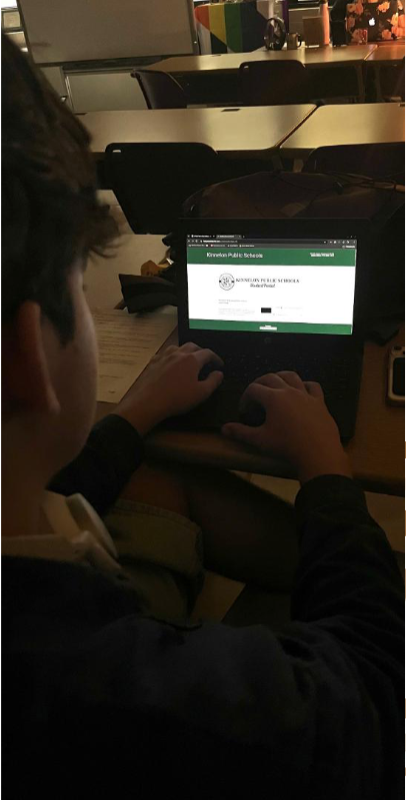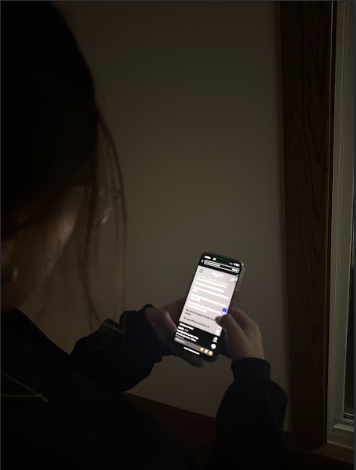
Editor’s Disclaimer: The views and opinions expressed in this article are those of the author and do not necessarily reflect the official opinion or position of any other Colt Chronicle staff member, its adviser, or Kinnelon High School staff and administration.
Minorities are finally demanding a spotlight, in the media, in Hollywood, in everyday life. However, one minority rarely visible are Asians.
Here in America, the plight of Asian-Americans is commonly dismissed, the discrimination against them only fleetingly addressed, if discussed at all. Asians suffer the consequences of this prejudice constantly. A very famous example is the movie, Ghost in the Shell, about a woman who is cyber-enhanced to act as the optimum soldier, devoted to fighting crime.
Controversy surrounded this film due to its apparent role in the whitewashing of Hollywood. This film was adapted off of a popular manga series from Japan. Therefore, one would assume an Asian woman would have been cast for the lead role. However, it was Scarlett Johansson, a white woman, who assumed the lead.
There have, however, been strides recently in the movie industry towards a more inclusive Hollywood for Asians. The new movie, Crazy Rich Asians, stars an authentically Asian cast for an authentically Asian movie. Unlike Ghost in the Shell, this movie has experienced abundant success and it is clear its authenticity played a role.
Unfortunately, instances like Ghost in the Shell are decisively more frequent than cases like Crazy Rich Asians. The controversy demonstrates an affliction often felt by Asian Americans. In the entertainment world, among many other industries, Asians are pushed aside for their white counterparts.
Surprisingly, an intimate source that demonstrates the effect this discrimination has on Asians are their college applications. Many of their essays focus on this prejudice, demonstrating the substantial role it plays in their lives. One student wrote, “Only recently have I even thought…my interest in art, languages, history, and geography is no less real than my interest in math because of the shape of my eyes or the tint of my skin” (Asian-American Background, 2018).
“Only recently” has this student begun to value him/herself beyond the worth brought by his/her nationality. Asian Americans are labeled so clearly by their appearance, society makes it almost impossible for them to see beyond it. If they themselves cannot see past the labels given to them, how will the rest of society?








